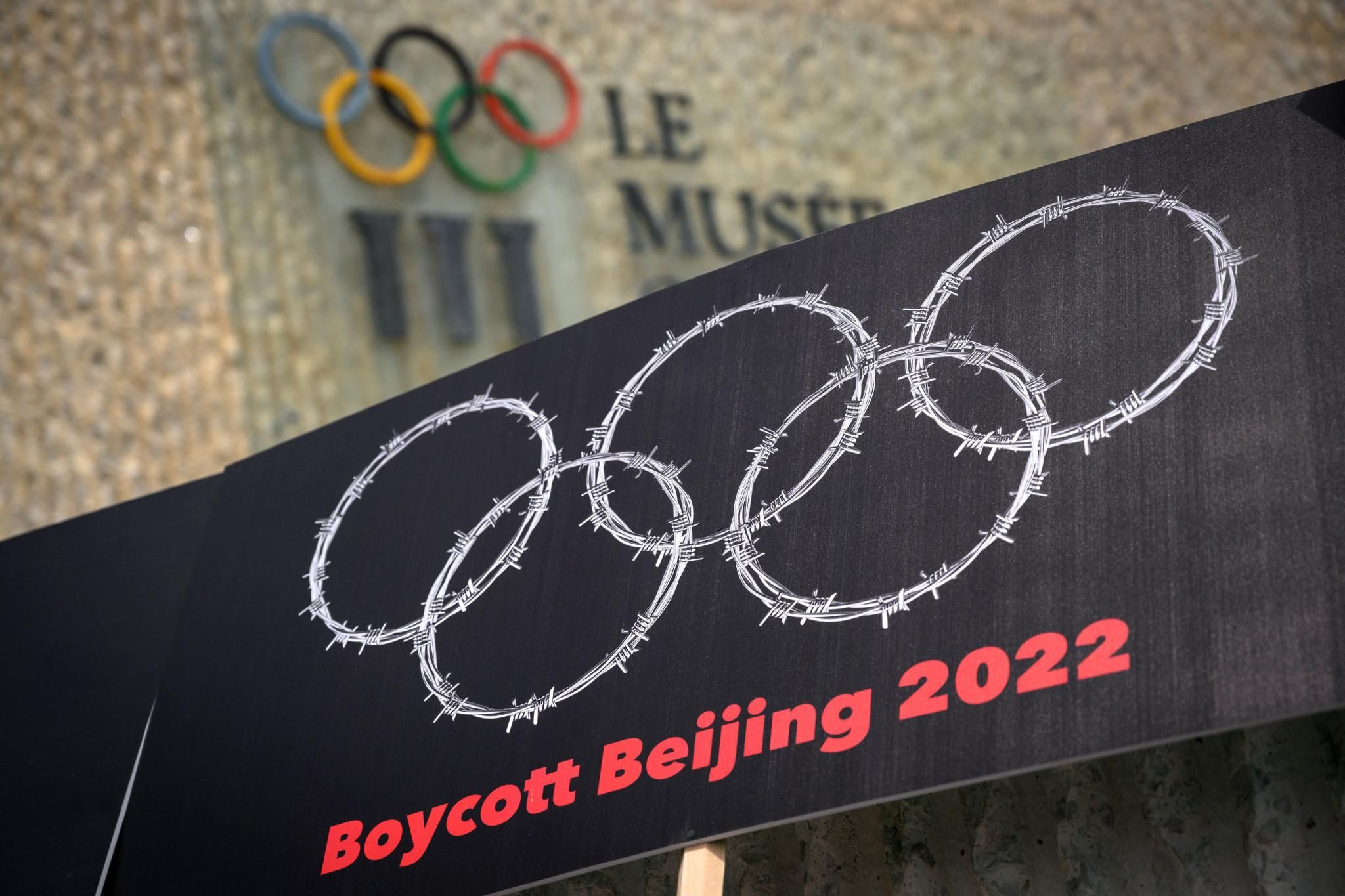Earlier this week, with less than two months until the official beginning of the 2022 Beijing Olympic Winter Games, President Joe Biden announced a ‘diplomatic boycott’ of the games due to China’s abuses against the Uyghurs in Xinjiang and anti-democratic crackdown in Hong Kong. The UK, Australia, and Canada will soon follow suit in implementing the act.
The boycott is not an all-out boycott from the games – athletes will still be able to compete and represent their countries. The only change from the normal scape of things is that diplomatic officials from boycotting countries will not make the trip from their respective countries to China. Even with many diplomats not attending the games, all major sponsors for the games have kept relatively quiet and will continue to sponsor the games, thus making the boycott more symbolic than financial.
Recommended for you
This is not the first time that the Olympics will be held in China – with Beijing also being the host city for the 2008 Summer Games. But, President Xi Jinping has stated that he still wants to signal international prestige to the world and his domestic audience, especially amid the Covid-19 pandemic.
“Those politicians who clamor to boycott for political self-interest are showing off and hyping things up, no one cares whether they come or not,” China’s foreign ministry said in a statement. The relations between China and the USA seem to get more heated by the hour, and the U.S.’ boycott may serve as a symbolic act, but in retrospect, it does nothing for the issues they care about.
Going back to 1980, the USA under President Jimmy Carter boycotted the Summer Olympics in response to the Soviet invasion of Afghanistan. The decision backfired and received a negative public backlash – athletes who only had one shot at qualifying for the biggest sporting event in the world - and in their lives - didn’t have a chance to compete. To make matters worse, the Soviets swept up many of the medals that the Americans would have won at the games and did nothing to sway any form of policy within the Soviet Union. It ended up being a great use of propaganda for the Soviet Union against the United States in the most heated part of the Cold War era.
According to Nicholas Sarantakes, who wrote a book on Jimmy Carter and the 1980 boycott, “The things that motivate nation-states are far more significant than how many gold medals you win… It’s been tried several times. And it fails every time.” The U.S. boycott for 2022 is not nearly as severe as the one from 1980 but allows the U.S. to firmly have its stance on the human rights issues within China. The U.S. Olympic and Paralympic committees are separate entities from the U.S. government, and the U.S. government only disallowing representatives from their jurisdiction allows for a less messy process.
The theme from every boycott of Olympic games, whether it be diplomatic or all-out, is that little change arises from boycotts. Yes, companies may not gain as many viewers on their broadcasts from the U.S., but that does little to the countries that are targeted in the first place. There are better ways for a government to stand against human rights violations other than boycotting an Olympics. The track record of boycotting a major sporting event to inspire global change is not impressive – having a stance on an issue is fine, but diplomacy cannot be met by hiding in the shadows.
The Olympics have always stood as a grounds in which all people, no matter what country, can be equal. It is one of the greatest, if not the greatest events in sports because it brings people from every corner of the world together on a massive stage. So, boycotting the games diplomatically does not feel correct. Human rights issues in China are a huge deal, and the U.S. government is making a decision in the correct direction, albeit the wrong action. A diplomatic boycott, nor any boycott at all, has proven to cause much change in international diplomacy.


















